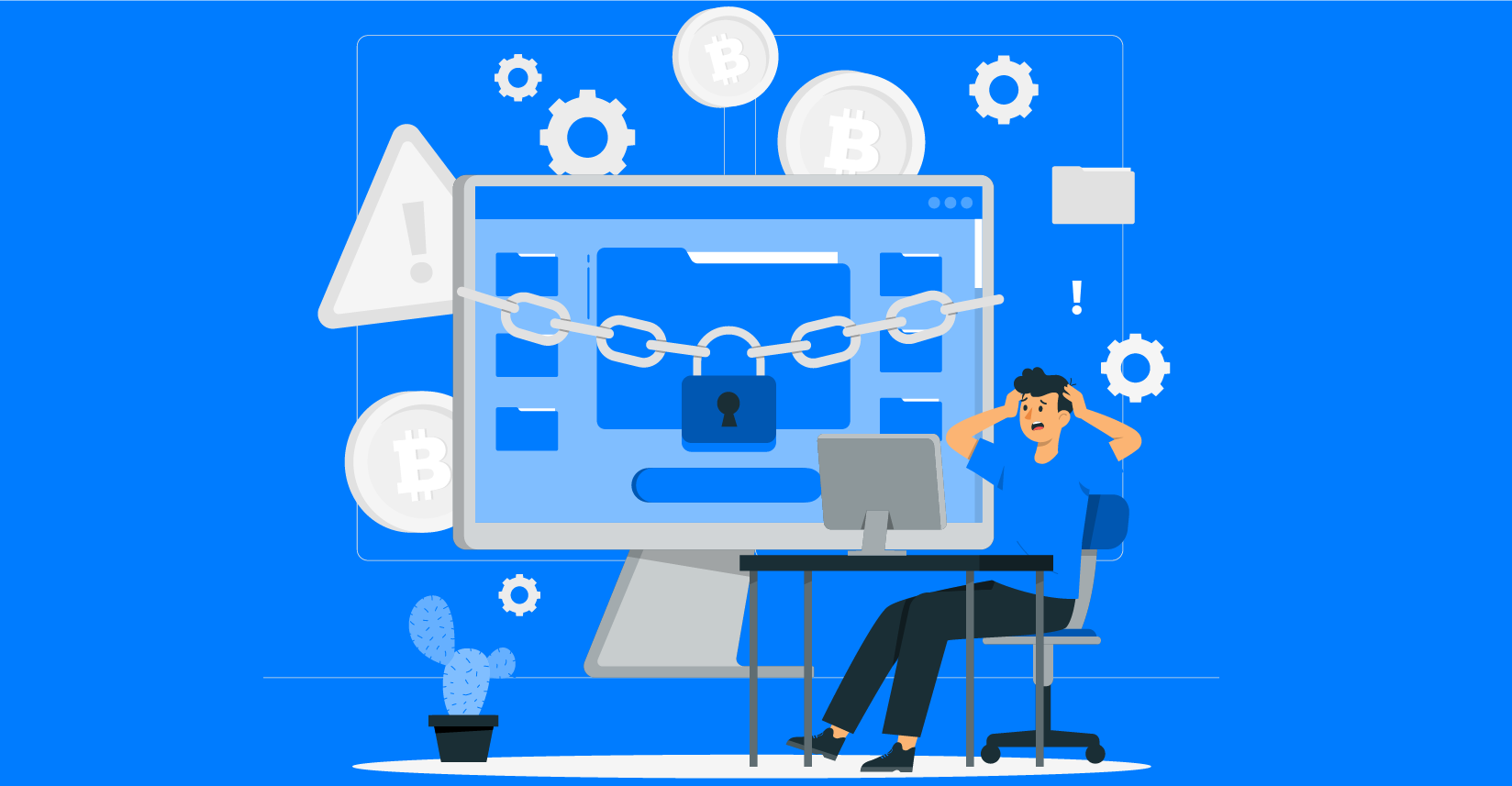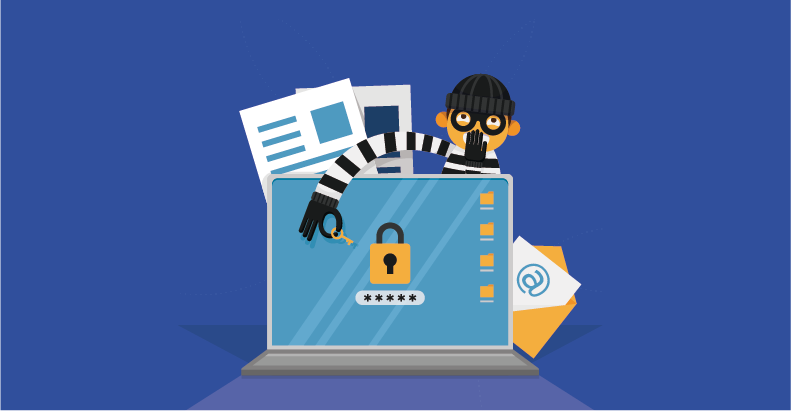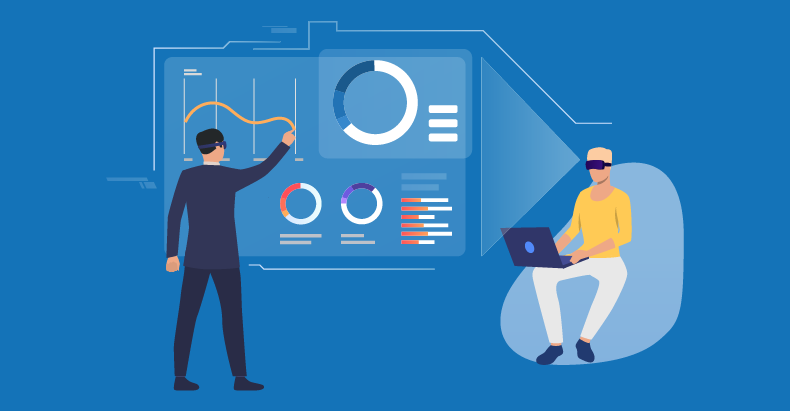Cloud Security Services: Protecting Your Data

- March 4, 2024
- admin
Cloud security services have become a very popular way of storing your data. It takes up no extra space on your computer (depending on the server used), it makes data accessible on any device, and it allows your business to expand your storage requirements as you evolve. That being said, you should also know how to implement the best practices for protecting your data. Here is how most managed security services do so.
Encryption Enabling
For your information to remain private, a security operations center (SOC) will encrypt the data within the cloud and hide it during every movement stage. This prevents unauthorized personnel from gaining access to it.
Encryption will send the data into different unreadable scripts that can only be accessed if you have permission. This can be anything from a string of numbers to a passcode, or essentially, a key that helps turn that information into something readable.
Data Backup
Some data protection services will use cloud servers to back up the data that you have on the hard drive of your computer. This can be very effective in case of ransomware or any type of data loss.
However, reliable network security services should also create a backup to your backup. Also referred to as cloud-to-cloud (C2C) data backup, this will replicate your data to a different server, acting as a failsafe in case anything goes wrong.
Unified Visibility
When it comes to cloud safety, a breach can be potentially disastrous if it’s not stopped in time. This is why most info sec services use unified visibility to see what’s happening within the network. By having this kind of visibility over the entire system, threat detection services can detect a potential issue in its early stages, assessing the weakness before it has time to wreak any havoc.
Implementing String Authentication
Nowadays, simply having a password is not enough to keep your account protected. A good hacker can easily get their hands on it, which can be bad if you need to protect sensitive information.
This is why security risk management services place their focus on prioritizing strong authentication, ensuring that no one but those approved gain access to documents, accounts, etc. Their identity and access management (IAM) may include a mix of strong passwords, multi-factor authentication, or biometrics (i.e., fingerprint login or facial recognition).
Endpoint Security
When you use cloud services, the need for endpoint security becomes even more important, as the endpoint is usually directly connected to the cloud. For this reason, threat detection services implement defense plans that feature firewalls, intrusion detection, anti-malware, and access control. Things such as VPN or patch management can also be used to secure these points.
Continuous Monitoring and Threat Detection
In cybersecurity, vigilance is paramount. Managed security services deploy robust systems for continuous monitoring and threat detection to safeguard against evolving cyber threats. Leveraging sophisticated technologies such as Security Information and Event Management (SIEM), these services maintain a constant watch over network activities, system logs, and security events.
By analyzing vast amounts of data in real-time, SIEM solutions enable early detection of suspicious activities, anomalies, or potential breaches. Automated alerts and notifications promptly notify security teams, allowing for swift response and mitigation measures. This proactive approach not only helps in identifying security incidents promptly but also aids in preventing or minimizing their impact on business operations.
Continuous monitoring goes beyond traditional perimeter defenses, encompassing endpoints, cloud environments, and user behavior. By monitoring multiple layers of the IT infrastructure, managed security services can detect threats regardless of their origin or attack vectors, ensuring comprehensive protection against cyber adversaries.
Security Awareness Training
While technological defenses are crucial, the human element remains a critical factor in cybersecurity resilience. Managed security services recognize the importance of educating employees and stakeholders about cybersecurity best practices through comprehensive security awareness training programs.
These programs aim to instill a security-conscious mindset among employees, empowering them to recognize and respond effectively to potential threats. Training modules cover a wide range of topics, including phishing awareness, password hygiene, data handling practices, and social engineering tactics.
Interactive training modules, simulated phishing exercises, and awareness campaigns are common components of security awareness programs. By engaging employees in hands-on learning experiences, managed security services reinforce key concepts and foster a culture of security awareness throughout the organization.
Regular training sessions, supplemented by ongoing communication and updates on emerging threats, ensure that employees remain vigilant and proactive in safeguarding sensitive information. Ultimately, a well-informed workforce serves as a crucial line of defense against cyber threats, complementing technical security measures implemented by managed security services.
Cloud Security Governance
As organizations increasingly migrate to cloud environments, effective governance of cloud security becomes imperative. Managed security services play a vital role in establishing and maintaining robust cloud security governance frameworks to mitigate risks and ensure compliance with industry regulations.
Cloud security governance encompasses policies, procedures, and controls designed to protect data, applications, and infrastructure hosted in the cloud. Managed security services collaborate with organizations to define cloud security policies tailored to their specific needs and compliance requirements.
Key components of cloud security governance include access management, data encryption, identity and access management (IAM), and configuration management. By implementing stringent access controls and encryption mechanisms, managed security services prevent unauthorized access to cloud resources and data.
Regular audits, assessments, and compliance checks are conducted to ensure adherence to cloud security policies and regulatory requirements. Managed security services provide continuous monitoring and management of cloud environments, promptly addressing security gaps or vulnerabilities to maintain a secure and resilient cloud infrastructure.
The Bottom Line
These days, most companies rely heavily on cloud services to store their data. However, just like your hard drives need protection, so do your cloud systems. Implementing the best strategy to protect your data can prevent unauthorized people from accessing it, and cybersecurity services have the knowledge to do so.











